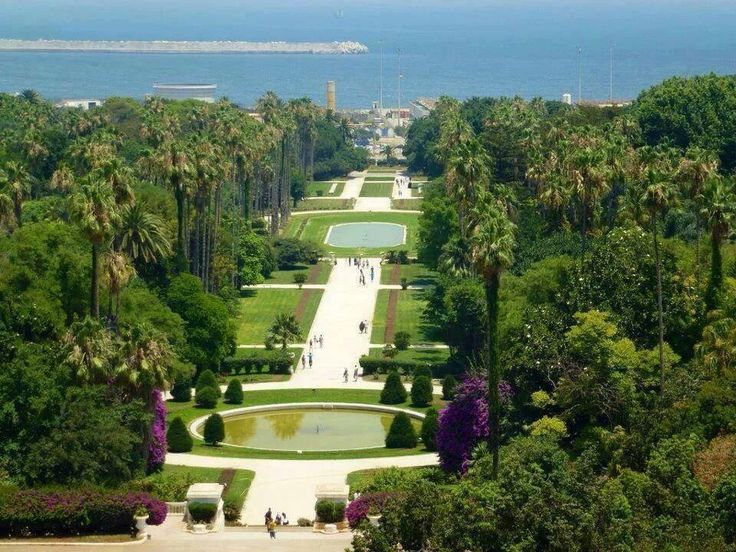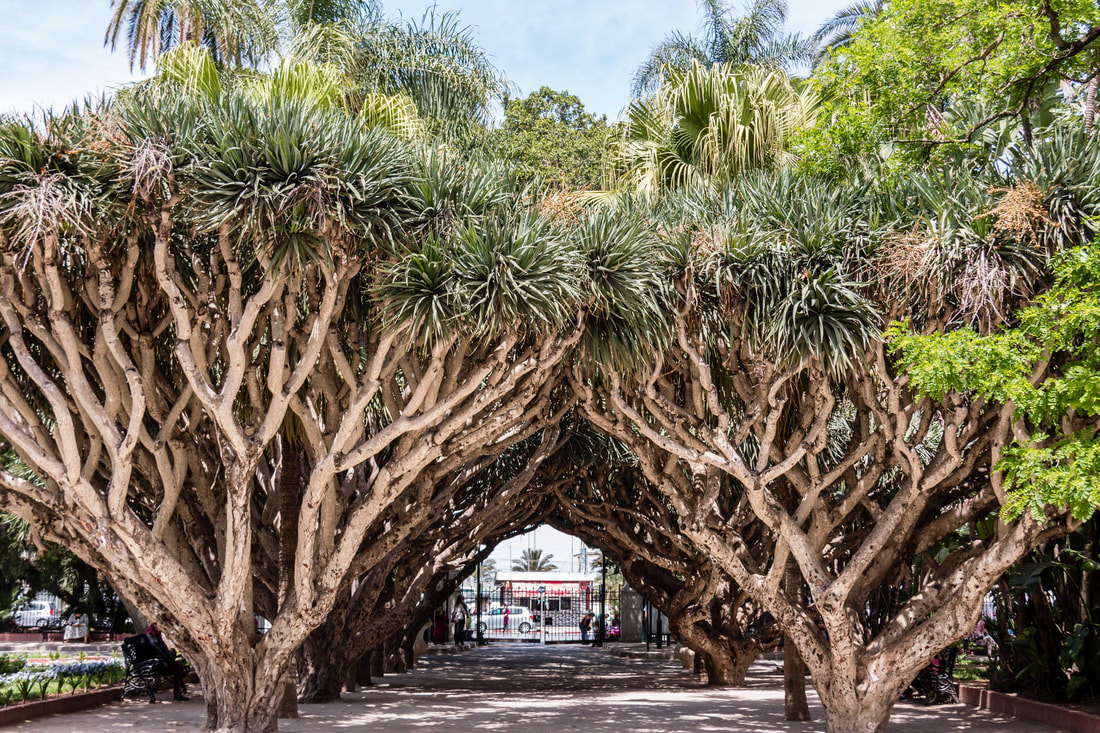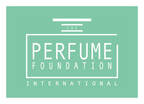|
By Hamdane Allalou, IPF Algeria Chair Algeria's microclimate and geographical diversity provide several advantages for growing plants for perfume, aromatics, medicinal herbs, and essential oils.
Located in North Africa, Algeria has a diverse microclimate due to its vast territory and geographical features. The country experiences a Mediterranean climate along the northern coastline, characterized by mild, rainy winters and hot, dry summers. Inland, the climate transitions to a desert climate, with extreme temperatures and very little rainfall. Mediterranean Climate The northern coastal region of Algeria experiences a Mediterranean climate, characterized by mild, wet winters and warm, dry summers. This climate is ideal for cultivating a wide range of aromatic plants, including lavender, rosemary, thyme, and geranium. These plants thrive in the moderate temperatures and benefit from the region's sufficient rainfall. Mountainous Areas Algeria is home to the Atlas Mountains, which run through the country. The higher elevations in these mountainous regions offer cooler temperatures and greater rainfall, creating microclimates suitable for growing plants like rose, chamomile, and mint. These plants are commonly used in perfumery, aromatherapy, and medicinal applications. Algeria is known for its production of high-quality rose and jasmine flowers. The flowers grown in Algeria's microclimate tend to have intense fragrance profiles, making them desirable for perfume production. Sahara Desert Algeria's vast Sahara Desert, covering a significant portion of the country, presents unique opportunities for cultivating certain plants used in perfumes, aromatics, and essential oils. Desert-adapted plants such as myrrh, frankincense, cypress, and juniper grow well in the arid conditions of the desert. These plants have aromatic qualities and are valued for their essential oils. Indigenous Flora Algeria boasts a rich biodiversity with a variety of native plant species. Many of these plants have aromatic, medicinal, or cosmetic properties. For example, the Atlas cedar, Aleppo pine, eucalyptus, and various herbs like thyme, oregano, and sage are found in Algeria and can be utilized for their essential oils or medicinal benefits. Organic Production Potential Algeria has vast areas of relatively untouched or minimally cultivated land, which presents opportunities for organic farming practices. Growing plants for perfume, aromatics, medicinal herbs, and essential oils under organic conditions can enhance their quality and appeal to the market. Altogether, Algeria's diverse microclimates, ranging from the Mediterranean coast to the Sahara Desert, provide favorable conditions for a wide range of plants used in perfume, aromatics, medicinal herbs, and essential oils. This abundance of natural resources contributes to the country's potential for cultivation and production in these sectors.
1 Comment
10/3/2023 11:56:45 am
I want to visit Salon of plants medicinals aromatiques I'm interested
Reply
Leave a Reply. |
AuthorsAuthors are gardening and essential oils experts in a variety of categories including distillation, plants healing and cleansing properties. Archives
May 2023
Categories
All
|
- Home
- Introduction
- Choose your Plan
-
Choose your Plants
- Alecost
- Anchusa
- Angelica
- Balkan Sage
- Balm
- Basil Sweet & Bush
- Bergamot
- Borage
- Calaminth
- Camphor Plant
- Caraway
- Catmint
- Chamomile
- Chervil
- Chives
- Clary
- Comfrey
- Coriander
- Dill
- Elecampane
- Fennel
- Fennel Florence
- Feverfew
- Garlic
- Germander
- Giant Catmint
- Herb Patience
- Horehound
- Hyssop
- Lad's Love
- Lady's Maid
- Lavender
- Lily of the Valley
- Lovage
- Lungwort
- Mace
- Mallow
- Marigold
- Marjoram
- Melilot
- Mints
- Old Lady
- Parsley
- Pennyroyal
- Rose
- Rosemary
- Rue
- Sage
- Salvia Virgata Nemorosa
- Santolina Chamaecyparissus
- Savory
- Sorrel
- Sweet Cicely
- Tansy
- Tarragon
- Thyme
- Vervain
- Woad
- Wormwood
- Workshops
- Q & A
- Blog
- Contact
- Home
- Introduction
- Choose your Plan
-
Choose your Plants
- Alecost
- Anchusa
- Angelica
- Balkan Sage
- Balm
- Basil Sweet & Bush
- Bergamot
- Borage
- Calaminth
- Camphor Plant
- Caraway
- Catmint
- Chamomile
- Chervil
- Chives
- Clary
- Comfrey
- Coriander
- Dill
- Elecampane
- Fennel
- Fennel Florence
- Feverfew
- Garlic
- Germander
- Giant Catmint
- Herb Patience
- Horehound
- Hyssop
- Lad's Love
- Lady's Maid
- Lavender
- Lily of the Valley
- Lovage
- Lungwort
- Mace
- Mallow
- Marigold
- Marjoram
- Melilot
- Mints
- Old Lady
- Parsley
- Pennyroyal
- Rose
- Rosemary
- Rue
- Sage
- Salvia Virgata Nemorosa
- Santolina Chamaecyparissus
- Savory
- Sorrel
- Sweet Cicely
- Tansy
- Tarragon
- Thyme
- Vervain
- Woad
- Wormwood
- Workshops
- Q & A
- Blog
- Contact


 RSS Feed
RSS Feed

